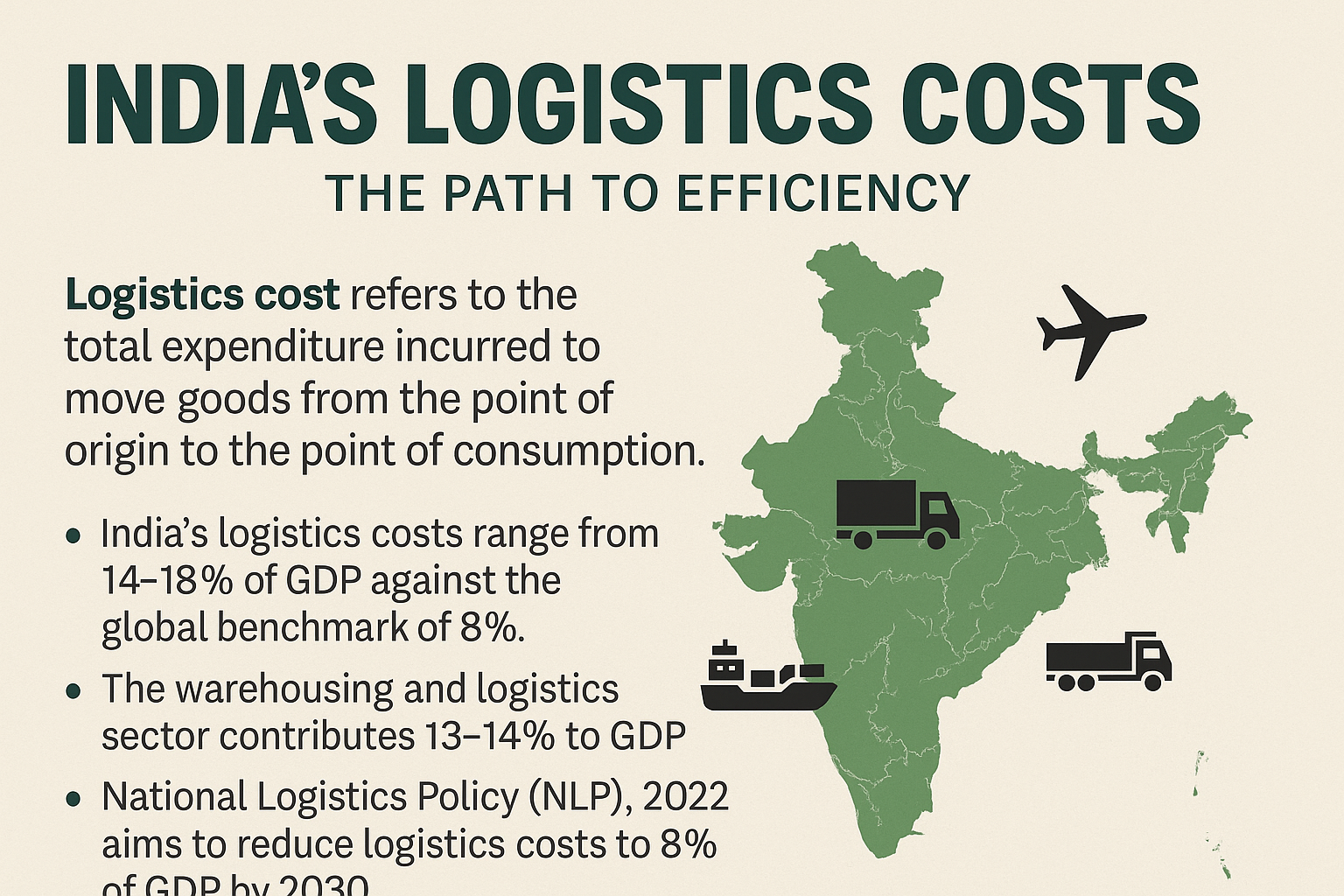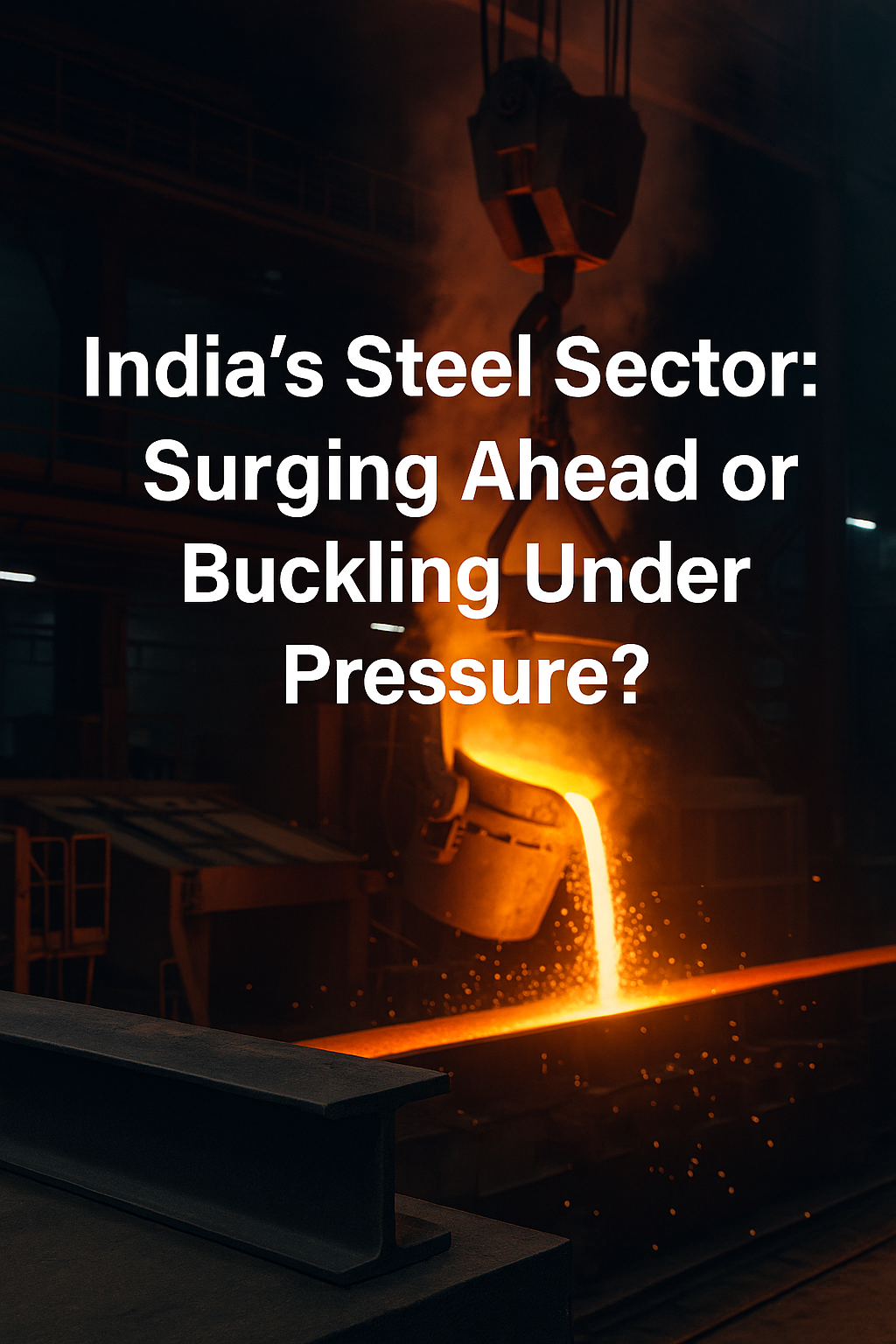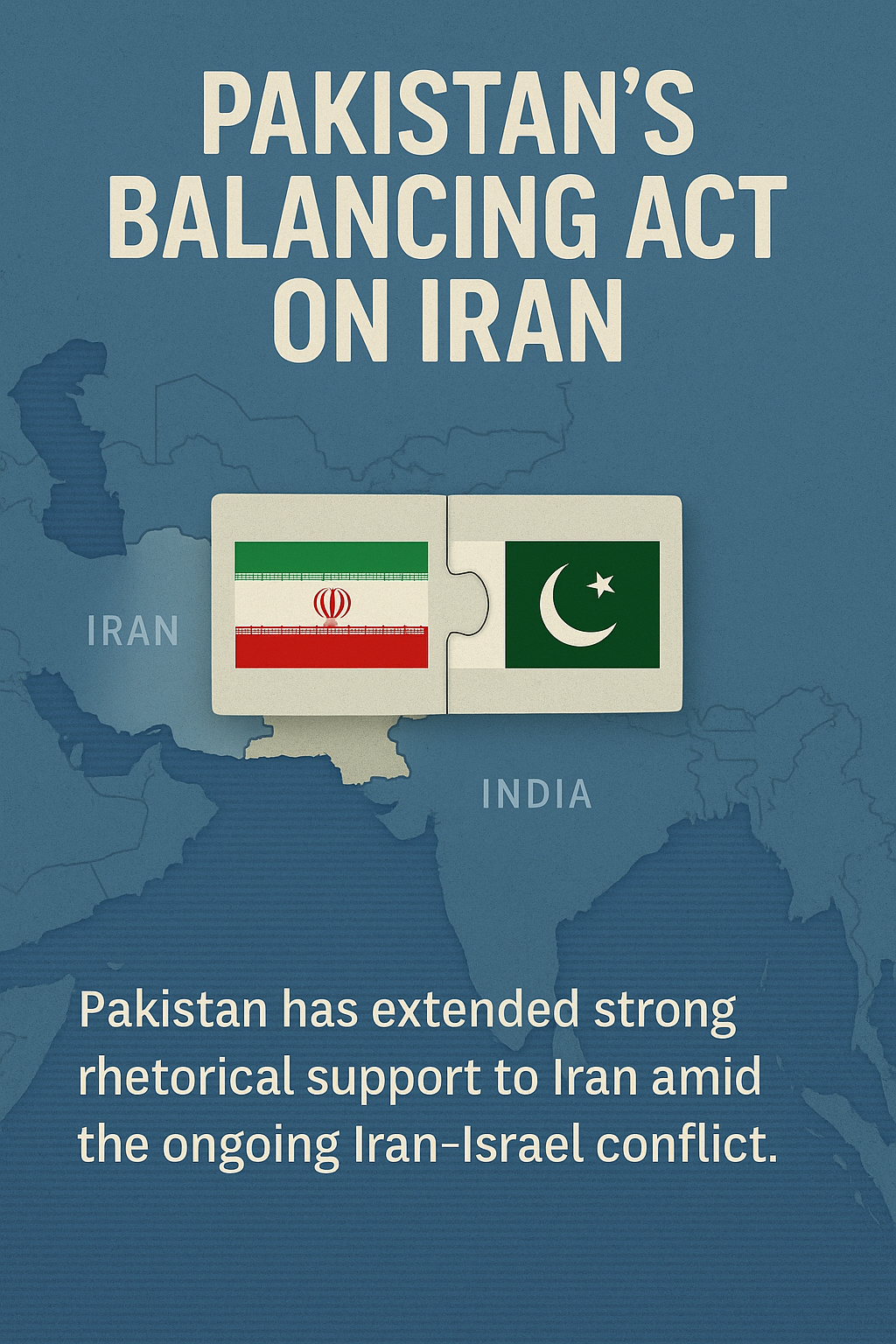116.
♻️
Plastic Waste • Circular Economy • Global Partnership • Climate Action • GPAP Expansion
Global Plastic Action Partnership Expands to 25 Nations, Amplifying Circular Economy Goals
In a landmark development, the Global Plastic Action Partnership (GPAP), initiated by the World Economic Forum, has extended its network to 25 countries, representing a population of over 1.5 billion people. The addition of Angola, Bangladesh, Gabon, Guatemala, Kenya, Senegal, and Tanzania marks a significant step forward in the global fight against plastic pollution and climate change.
🌍 About GPAP and Its Mission
GPAP’s central mission is to combat plastic waste through a circular economy model—focused on reusing, recycling, and sustainably managing plastic. By reducing plastic leakage into the environment, the initiative aims to protect biodiversity, improve human health, and support economic transition.
🏛️ Governance Structure
GPAP is structured to ensure broad and effective collaboration:
- Governing Council: Sets the strategic direction.
- Steering Board: Oversees implementation and operations.
- Advisory Committee: Provides expert input and facilitates collaboration across sectors.
🌊 The Scale of Plastic Pollution
Each year:
- Over 6 million tonnes of plastic waste enter the oceans.
- Vast quantities contaminate land and freshwater systems.
- The plastic life cycle contributes 1.8 billion tonnes of greenhouse gas emissions annually.
GPAP’s aim is to cut plastic leakage and advance sustainable material alternatives—helping countries shift away from a linear “take-make-dispose” model.
🛠️ National Action Roadmaps and Investment
A cornerstone of GPAP’s strategy:
- Country-specific roadmaps tailored to local waste management needs.
- So far, they’ve mobilised $3.1 billion in funding.
- Supported the formalisation of informal waste workers into safer, more secure jobs.
🌱 Environmental & Economic Impact
- Reduction in carbon emissions from plastic production and disposal.
- Boosts in green employment, with a potential for 6 million new jobs globally by 2030.
- Promotes sustainable innovation in packaging, recycling tech, and waste infrastructure.
🤝 The Power of Collaboration
GPAP thrives on a multi-stakeholder model, involving:
- Governments, for policy implementation
- Businesses, to lead sustainable production
- NGOs and academia, for insights and outreach
- Communities, for behavioural change and grassroots impact
🔥 Plastic and Climate Change
Plastic isn’t just a waste issue—it’s a climate issue.
- From fossil fuel extraction to disposal, the plastic industry leaves a massive carbon footprint.
- GPAP’s interventions reduce emissions and ecosystem degradation, aligning closely with climate mitigation goals.
🚀 Looking Ahead
GPAP envisions a future where:
- Waste becomes resource
- Circular economies flourish
- Communities thrive alongside nature
Through continued collaboration and innovation, this global movement aims to transform how the world produces, consumes, and disposes of plastic—turning crisis into opportunity.















